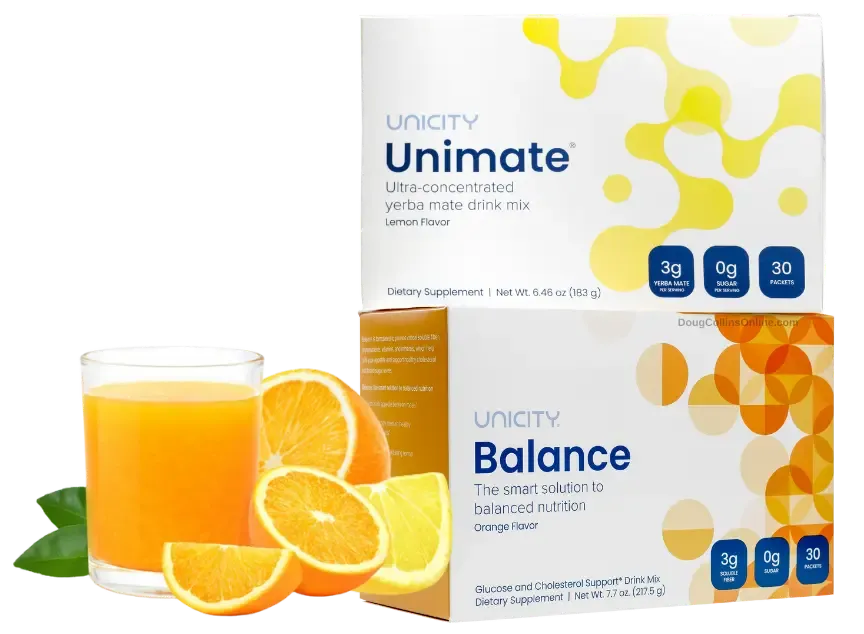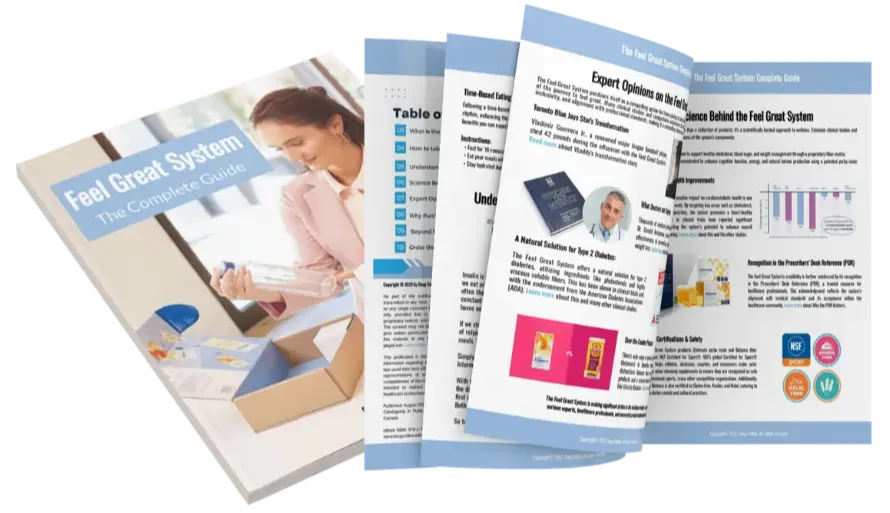Unveiling Transparency and Quality Issues: Study Results on Inaccurate Labels and Misbranded Immune-Boosting Products
Jun 20, 2023
With consumer spending on immunity-boosting supplements doubling to $6 billion in 2020, a recent study analyzing 30 products found on Amazon.com revealed concerning inaccuracies in labeling, misbranded products, and a lack of third-party certification, underscoring the importance of transparency and informed choices in the supplement industry.
In 2019, before the onset of the pandemic, the consumer sales for immunity-boosting supplements amounted to approximately $3.4 billion. However, by the close of 2020, a year later, consumer spending in this particular category had surged to approximately $6 billion, marking a doubling in consumer spend.
In May 2021, scientists took a deeper look at this trend with a focus to better understand the product offering and effectiveness, by purchasing 30 dietary supplements marketed as immune system supporters or boosters they found on Amazon.com.
The first objective was to check the listed ingredients on the product labeling for accuracy, as they matched them with the actual contents in the bottle using a technology called liquid chromatography-mass spectrometry.
They then evaluated the claims made on these labels using the Operation Supplement Safety Scorecard's questionnaire, a tool used to characterize and score the quality of dietary supplements.
The study results were published in the Journal of American Medicine, titled "Analysis of Select Dietary Supplement Products Marketed to Support or Boost the Immune System," and the end result was concerning.
Out of the 30 dietary supplements analyzed, only 13 had labels that accurately reflected the product's contents. The remaining 17 products had inaccurate labels - 13 of them had ingredients listed on the labels that weren't detected in the analysis, making them misbranded. Even more concerning, nine products had substances present that weren't claimed on the product labels, which could potentially be viewed as adulteration. Some of these nine were doubly at fault, being both misbranded and containing unlisted components.
Not a single product out of the 30 had third-party certification seals on their packaging, a mark that could provide an added layer of trust and assurance to consumers. Of the 13 products that did have accurate labels, ten received a score of 4 or higher on the Operation Supplement Safety Scorecard, implying that these products were "likely okay/less risky."
The scientists concluded that the results of this study should be a wakeup call for the supplement industry, but more importantly for consumers, as they should not just rely on slick packaging and wording used to promote and sell supplements.
As a manufacture or company who sells these supplements, it's even more important to improve your quality and transparency to consumers. It is studies like this that will underscore the overall state of the supplement industry, thereby giving the government what they need to bring in stronger controls and regulations.
It’s important for consumers to be educated, knowing who the manufacture is behind the supplements they are purchasing - this includes transparency in areas like ingredient sourcing, quality control, government licensing, third-party testing and clinical science. This is such an important topic that I dedicated an entire chapter to this in my new book 'Beyond Feel Great" titled "supplements: Worth the Hype or Help?.
As a consumer, make your health decisions based on accurate and reliable information – and not just sales jargon and social media influences spouting “health claims”. Our health, after all, is not a matter of compromise.
Related Articles:
Feel Better Than You Have In Years!



